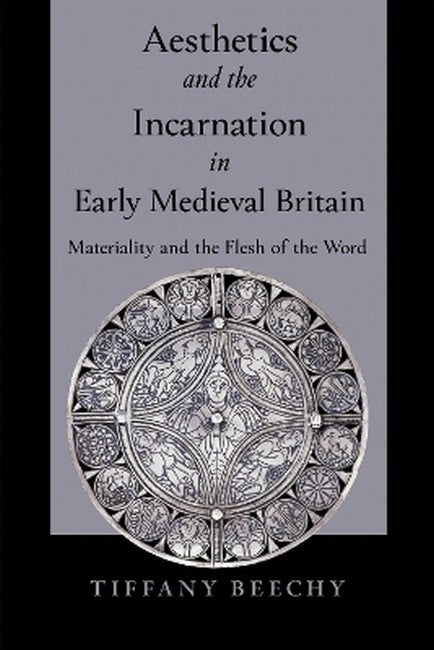Tiffany Beechy is professor of English at the University of Colorado Boulder. She is the author of The Poetics of Old English.
Request Academic Copy
Please copy the ISBN for submitting review copy form
Description
Preface Introduction 1. "Supereffability" and the Sacraments of Christ's Humanity 2. Seeing Double: Representing the Hypostatic Union 3. No Ideas but in Things: Aesthetics and the Flesh of the Word 4. Concealing is Revealing I: Opacity and Enigma in the Wisdom Tradition 5. Concealing is Revealing II: The Shadow Manuscript in the Margins of CCCC 41 Conclusion Works Cited List of Figures
"This is a profoundly original book that challenges us to reread familiar works and look more closely at unfamiliar ones. On every page, Beechy's work is provocative and exciting, substantial and serious, and it offers nothing less than a new understanding of faith and art in early medieval England." -R. M. Liuzza, editor of Old English Poetry: An Anthology "This book is a timely, valuable contribution to scholarly conversations about medieval religious cultures, early British literature, and disciplinary boundaries. It covers an impressive range of texts and puts texts into dialogue with each other in productive, original, and unexpected ways." -Nancy Bradley Warren, author of Chaucer and Religious Controversies in the Medieval and Early Modern Eras "Tiffany Beechy's book seeks out the body of the incarnate Word through a glorious array of objects, images, texts, and codices from early medieval Britain.. . . This is a well-written, learned, innovative, loving, and I would expect exceedingly teachable book." -The Review of English Studies "Early medieval Christianity is still too often uncritically assumed to be monolithic, and Aesthetics and the Incarnation offers a valuable reminder of its eclecticism and hybridity in practice. Its insights will be of interest to scholars working broadly on art, literature, and the disparate religious beliefs--some "orthodox," some entirely non-Christian--that are almost always somewhere, somehow in the background of the books that have come down to us from the period." -The Medieval Review

